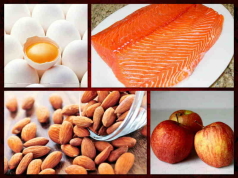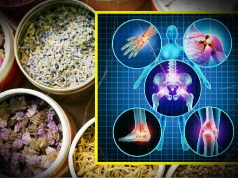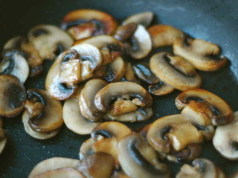Having your own farm in your backyard lets you to walk out your door to harvest. There is nothing that can beat the freshness of food. While there are challenges that you will have to face in growing a backyard farm, the good news is that you don’t have to have that experience in farming.
A backyard farm is a big adventure that you have to be well-prepared for. Whether you want to plant herbs, fruits, or anything you can eat or add to your meals, there are a few things you need to consider as you start your food garden.
Know the Reason Why You Want a Backyard Farm
The first step in planning your very own farm is to determine why you really want one. If it is an herb garden, you should know which to plant primarily. It is not required to have extensive knowledge about herbs because it is much better and easier to learn through experimentation and experience.
Choose Your Plants
Even though you don’t have to be an expert in plants, you should still be able to select the kind of herbs you really want to grow. It is important though that you at least know about the plant you intend to have in your garden. Understand that there are some that are specific to locations, such as full sun or shady. Also, there are plants that may require more attention than others, so choose wisely.
Determine If Your Available Space Can Handle the Plants
Most homeowners who want to become backyard farmers start small and then their garden just expands. While this may not be what you should think of right now, you should at least evaluate the available space you have. Even though you intend to have your garden in your backyard, there are herbs that can be placed by the windowsill or by the veranda. There are also some that need pots, while others can be planted in the soil.
Consider the Needs of the Plant
Some plants need more water than others, while there are some that want to remain dry. However, when you are tending to seedlings, make sure they are always moist. You may also want to think about the fertilizer you will use. For the sake of your family’s health, choose natural or organic fertilizers, since you will be eating from your backyard when the time comes.
For newbies, start with dill, oregano, fennel, and basil. A good deal of planning, a little bit of research, patience, and hard work will give you great yield you can serve at the table.







Comments are closed.